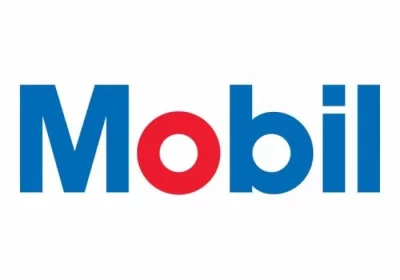Nigeria’s indecision on ExxonMobil-Seplat deal could hurt oil reform – Bloomberg
A Bloomberg report has knocked the Federal Government over what it termed a “flip-flop” in the ExxonMobil-Seplat Energy shares deal, warning that indecisiveness on the deal could hurt Nigeria’s oil reform.
ExxonMobil, Delaware, USA, had in February announced a $1.28 billion transaction, being the sale of its entire shares in Mobil Producing Nigeria Unlimited (MPNU) to Seplat Offshore Ltd., a subsidiary of Seplat Energy Nigeria, pending ministerial approval.
However, the Nigerian National Petroleum Corporation, (NNPC), in a letter to ExxonMobil, insisted it wanted to exercise a right of first refusal, a move which many industry experts believe is not applicable to divestment of participating interest in the Joint Operating Agreement. NNPC equally dragged ExxonMobil to a Federal High Court in Abuja to block the deal’s consummation.
President Muhammadu Buhari, however, overruled both the NNPC and the Nigerian Upstream Petroleum Regulatory Commission (NUPRC) by consenting to the sale in his capacity as the Minister of Petroleum Resources, but only to reverse himself a few days after following a countermand of his consent by NUPRC.
But analysing the situation, Bloomberg recalled that Buhari’s administration was trying to reverse dwindling production and attract major investment into the sector that generates more than 90% of export earnings”, warning that the inconsistency in ExxonMobil-Seplat deal “could discourage investment in Africa’s largest oil producer in the wake of industry reform meant to grow the sector.”
While acknowledging that “the deal would have been the first major transaction to be announced since Nigeria passed sweeping legislation aimed at bolstering oil and gas investments after two decades of uncertainty”, the New York-based media conglomerate said experts were of the view that the latest development holds gloomy future for the oil reform.
It reported Mariam Olabode, oil and gas analyst at Lagos-based Afrivest West Africa as worrying that investors that have acquired Seplat’s shares following the approval of the deal by Buhari would now be concerned about how this ends following the immediate reversal and conflicting signals from the same government.


